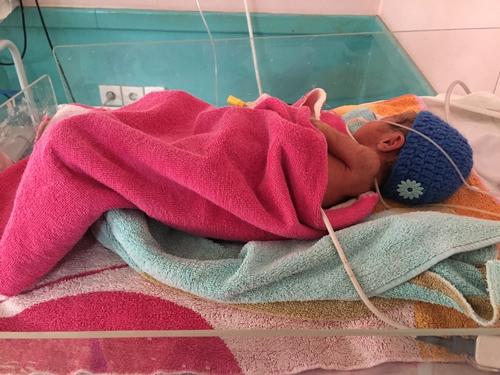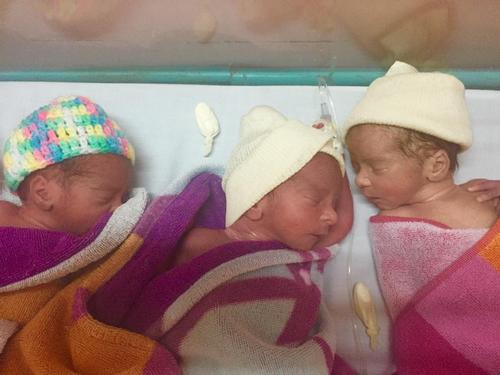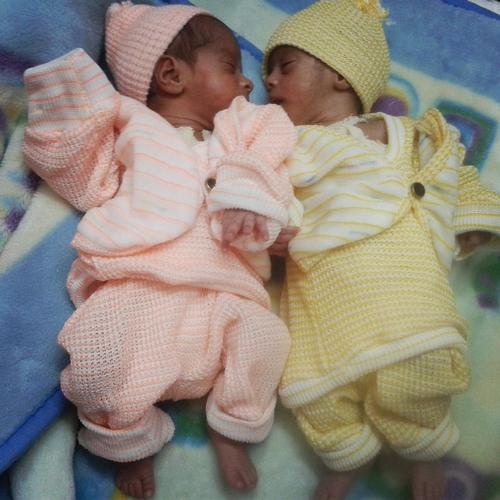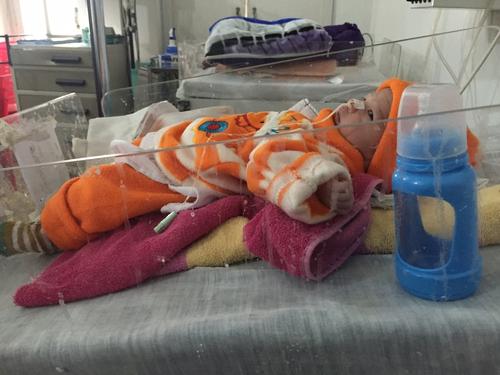In 2011, Médecins Sans Frontières (MSF) opened a hospital dedicated to women living in rural areas in northeastern Pakistan.
On 18 May 2016, Peshawar women’s hospital marked its fifth anniversary. Today, the hospital admits around 85 patients every week and safely delivers more than 4,700 babies each year.
Thanks to local partnerships, MSF offers free healthcare not only to women deprived of quality healthcare, but also to those who present with high-risk pregnancies, for whom a safe delivery environment is essential.
“The hospital provides essential obstetric care for women from Khyber Pakhtunkhwa district, Kurram Agency and the Federally Administered Tribal Area (FATA). Many cannot afford the services offered by other facilities or, as in the case of many of the women of FATA, currently have no access to skilled obstetric services near their homes. We also provide care for women who experience serious complications during pregnancy that can compromise the health of themselves and/or their child during pregnancy, labour and the post-natal period,” explains Catherine Moody, Country Representative for MSF in Pakistan.
To ensure improved access to care, a medical referral network has been set up among the area’s health centres, rural communities and displacement camps. The facility also serves as a referral structure for the patients MSF medical teams treat in the Sadda and Alizai hospitals in Kurram Agency.
Improving healthcare for mothers, babies and young children is a priority for MSF in Pakistan, and the Peshawar women’s hospital aims to reduce maternal and infant mortality rates in its catchment area. With a maternal mortality rate of 170 per 100,000 live births and an under-five child mortality rate of around 86 deaths per 1,000 live births, Pakistan is among the countries with the highest rates of maternal and infant mortality. Women still die from preventable complications during pregnancy and fewer than one in three deliveries is supported by trained birth attendants.
The hospital also offers free healthcare for babies that are premature or suffering from several pathologies at birth in its 15-bed newborn unit.
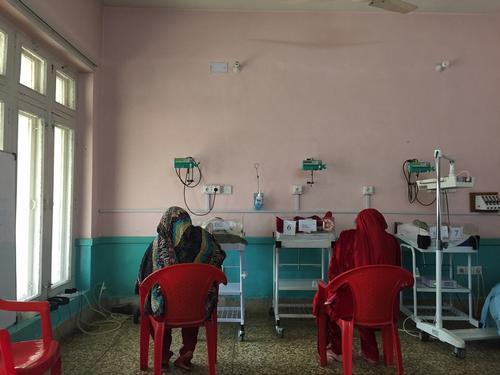
“Most babies admitted in the newborn unit require intensive care treatment due to neonatal infection or sepsis,” explains MSF pediatrician, Dr Anokhi Ali Khan. “A significant number of mothers we receive have high risk pregnancies requiring specialist care. An example is prolonged rupture of the membranes, which is a break in the amniotic sac, exposing the baby to an increased risk of infection. Newborn babies have an immature immune system and are incapable of fighting simple infections, which can rapidly spread through the blood stream, infect organs, and result in death of the baby,” Dr Khan says.
“For the mother, uterine rupture is an example of a very serious condition, one which leads to infertility and can sometimes be fatal. The risk of fetal loss is also high,” adds MSF obstetrician Dr Sobia Azeem. “But with timely emergency care to repair the uterus, there is still a chance to have children in the future. Then, for any further pregnancy, regular antenatal care, early booking for hospital delivery and proper counseling of the patient are key for a successful outcome.”
MSF also provides training to the medical staff of the community-level basic health units so that they can form a vital link to the hospital. If patients with high-risk pregnancies can be identified during their antenatal consultations, they can be referred to Peshawar women’s hospital, when needed, for specialized care.
MSF has delivered 15,093 babies and treated 2,137 neonates in Peshawar Women’s Hospital over the past five years.
WHO 2015 statistics available at http://www.who.int/maternal_child_adolescent/epidemiology/profiles/maternal/pak.pdf



